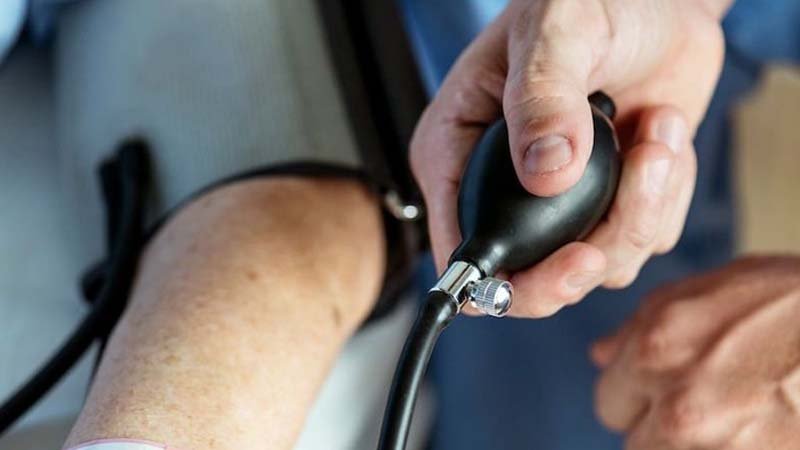
Credit: Unsplash+
High blood pressure is a common concern among older adults, and there’s ongoing debate about what levels are safest and healthiest. A recent study provides some useful insights that might help clarify the ideal blood pressure goal for people over 60.
To explore this, researchers reviewed data from six separate studies, combining the results to identify consistent patterns. Instead of conducting new experiments, they analyzed existing data to find reliable conclusions—a bit like solving a puzzle by gathering pieces from different places.
The researchers focused on systolic blood pressure (SBP), the top number in a blood pressure reading, which measures the pressure in the arteries when the heart beats. They divided SBP levels into three categories for their analysis:
- Below 130 mmHg
- Between 130 and 139 mmHg
- 140 mmHg or more
Their findings showed that older adults who managed to lower their SBP to below 130 mmHg experienced fewer major heart problems, such as heart attacks or strokes.
On the other hand, those with SBP levels of 140 mmHg or higher had worse outcomes, suggesting that aiming for a lower blood pressure could offer health benefits.
However, the study also revealed some uncertainties. While lowering blood pressure seemed to reduce heart risks, it wasn’t entirely clear if this trend applied equally to all individuals or if it was influenced by other factors.
For instance, aggressive blood pressure treatments appeared effective for preventing heart-related issues, but researchers couldn’t say for sure whether this was due to the treatments themselves or other contributing elements.
So, what does this mean for older adults? According to this research, an SBP below 130 mmHg could be a good target for those aged 60 and older. Achieving this level might help reduce the risk of heart complications.
However, every individual’s health is unique, and it’s important to consider personal medical history and circumstances before setting specific blood pressure goals.
If you or a loved one is in this age group and dealing with high blood pressure, it’s worth discussing these findings with a doctor. A healthcare professional can provide personalized advice and help determine whether aiming for an SBP below 130 mmHg is right for you.
Managing high blood pressure is an important topic for many, and there are other ways to support heart health alongside medication.
For example, studies suggest that dietary changes—like eating potassium-rich foods such as bananas or reducing salt intake—can have a positive impact on blood pressure. Exploring these options with your doctor could be a valuable part of your health plan.
In the end, while this research offers a helpful guideline, the best approach to managing blood pressure is one tailored to your individual needs. Regular check-ups and informed discussions with your healthcare provider are key to maintaining a healthy heart and overall well-being.
If you care about blood pressure, please read studies about blood pressure drug that may increase risk of sudden cardiac arrest, and these teas could help reduce high blood pressure.
For more information about health, please see recent studies about nutrient that could strongly lower high blood pressure, and results showing this novel antioxidant may help reverse blood vessels aging by 20 years.


